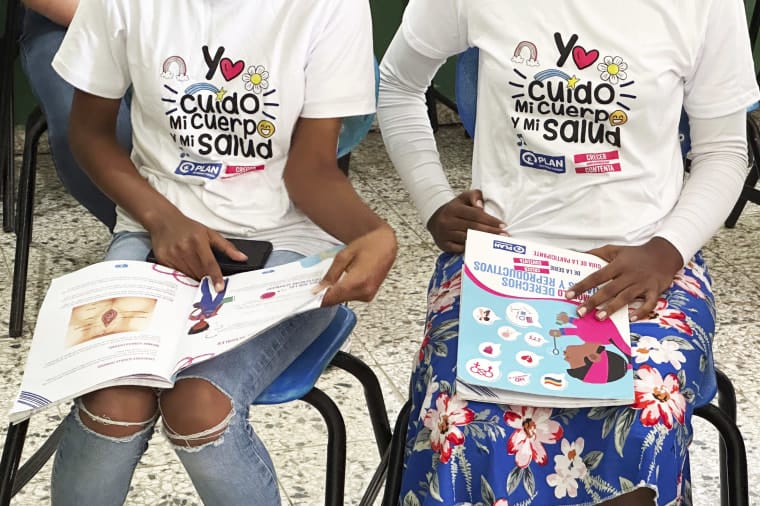Dominican women bravely confront a stringent abortion ban and societal challenges, addressing child marriage and teen pregnancy head-on.
The Caribbean nation, deeply rooted in Catholic and evangelical beliefs, criminalizes abortion without exceptions, subjecting women to penalties of up to two years in prison. Led by activists such as Marcia González, they employ education to empower young girls and tackle urgent sexual and reproductive rights issues.
Marcia González, a dedicated community leader, has been advocating for comprehensive sex education in the Dominican Republic for four decades.
Despite President Luis Abinader’s commitment to decriminalize abortion, the government has yet to act on the promise. González and her fellow activists are taking matters into their own hands, creating “teenage clubs” where adolescents learn about crucial topics such as sexual and reproductive rights, self-esteem, gender violence, and financial literacy.
Amidst insufficient sex education outside these clubs, nearly 30% of adolescents lack access to contraception, increasing the risks of unwanted pregnancies, particularly in impoverished communities.
Beyond the challenge of terminating pregnancies, poverty drives some Dominican mothers to marry off their teenage daughters to significantly older men. Gender violence, including incest, remains pervasive, often shrouded in silence within families.
According to the United Nations Population Fund, 42 out of every 1,000 adolescents between 15 and 19 became mothers in 2023.
While Dominican laws banned child marriage in 2021, community leaders argue that the practice persists due to normalization and lack of awareness.
Activists like González believe that education, specifically through initiatives like the teenage clubs, can play a pivotal role in preventing such situations and empowering future generations of Dominican women.
These clubs, sponsored by organizations like the Women’s Equality Center and the National Confederation of Rural Women (CONAMUCA), provide a platform for girls aged 13 to 17 to discuss topics such as teenage pregnancy, early unions, and feminicide. As migration increases in rural areas, girls face challenges in accessing education and health services, contributing to the urgency of these initiatives.
Through these programs, community leaders hope to dispel myths surrounding menstruation and foster an environment where girls feel safe to share their experiences.
The long-term goal is to break the cycle of child marriage, teen pregnancy, and gender violence by instilling a sense of empowerment and education in the young Dominican women, ensuring they have the tools to shape their own futures.



